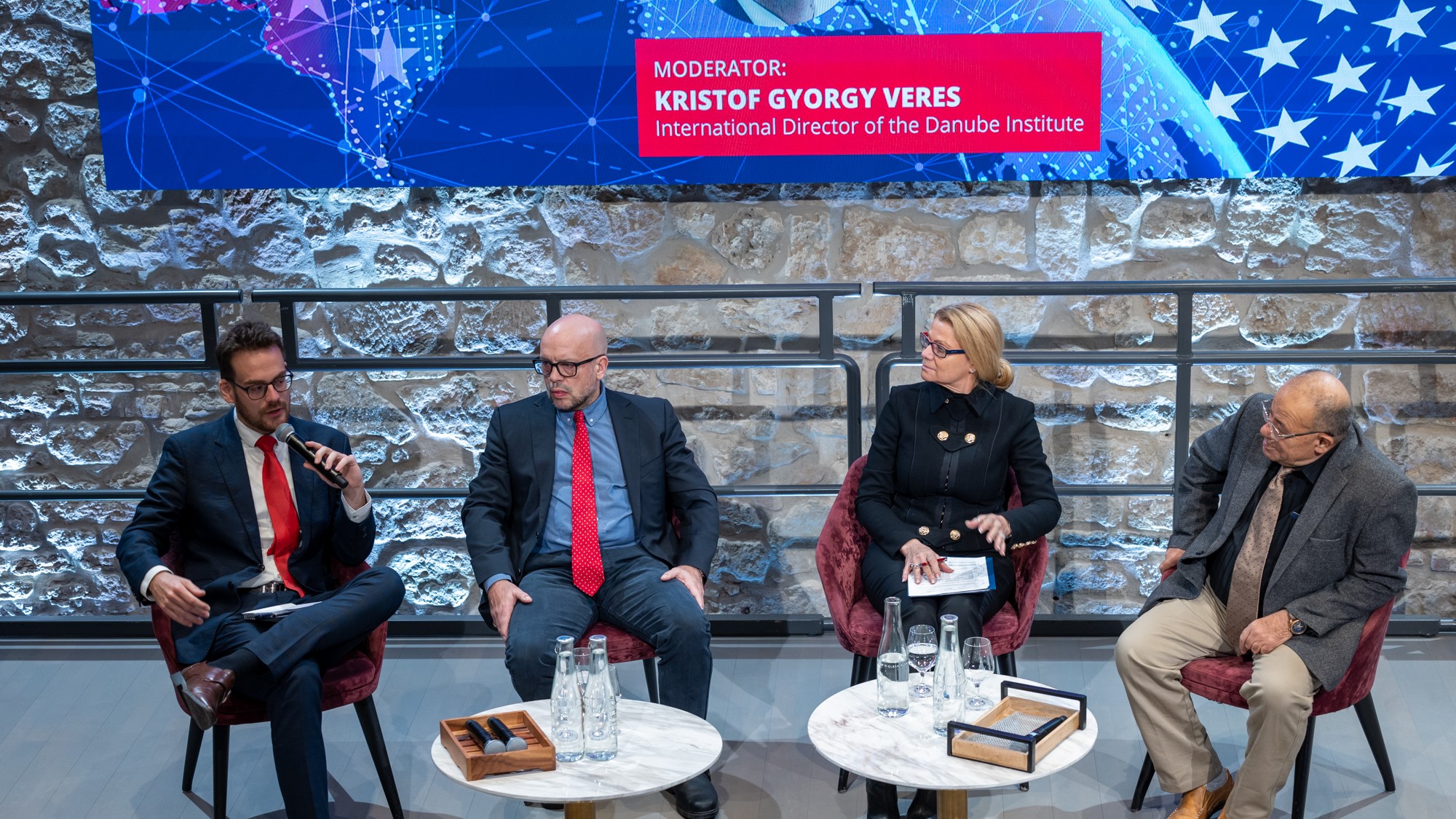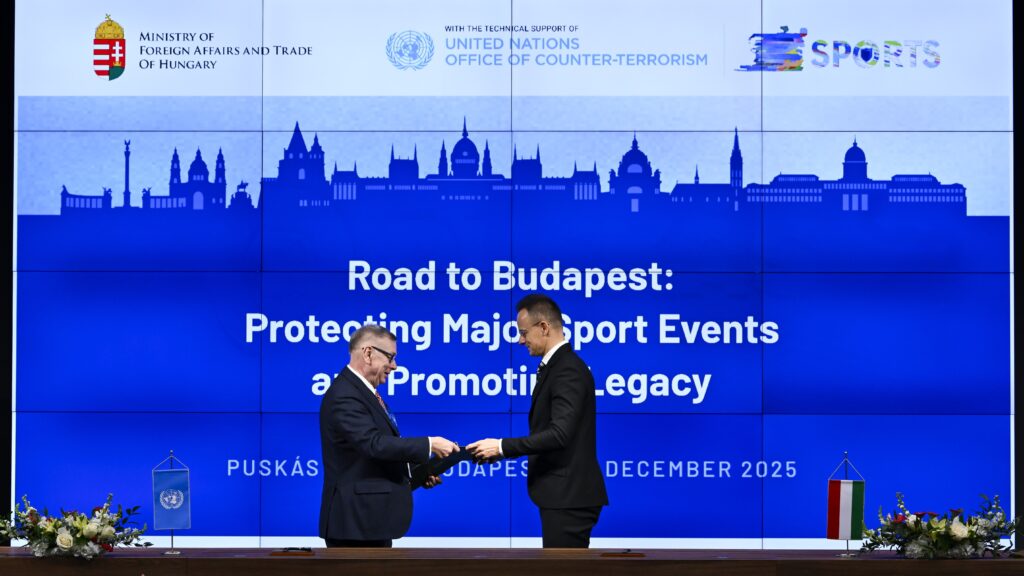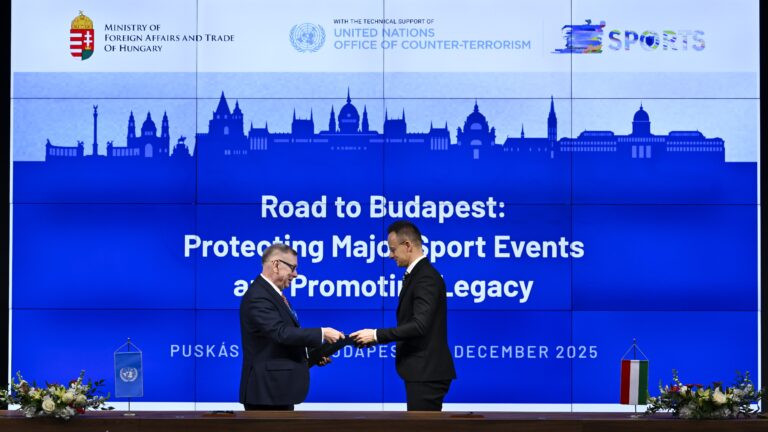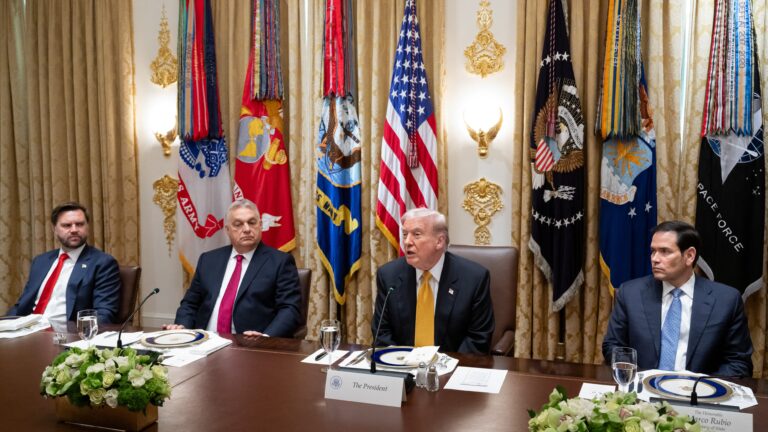At an event titled Trump 2.0, organized by the Danube Institute in Budapest’s gem, the Aranybástya restaurant, experts discussed the implications and effect of Donald Trump’s approaching second term as the President of the United States.
Opening Remarks
Danube Institute President John O’Sullivan began the event by framing the stakes of the 2024 US presidential election as both a domestic and global turning point. Reflecting on the vibrant debates of the preceding conference, O’Sullivan emphasized that this election takes place amidst profound global transitions, including two major ongoing wars in Ukraine and Gaza.
He underscored the importance of understanding how a second Trump administration might influence Europe. Historically, the US has shielded Europe from external pressures, such as the Soviet Union, at minimal cost to European states. However, this dynamic has shifted. O’Sullivan highlighted that Trump’s first term reshaped the transatlantic alliance by compelling European nations to increase their defence spending and reduce reliance on Russian energy, a trend further accelerated by the invasion of Ukraine.
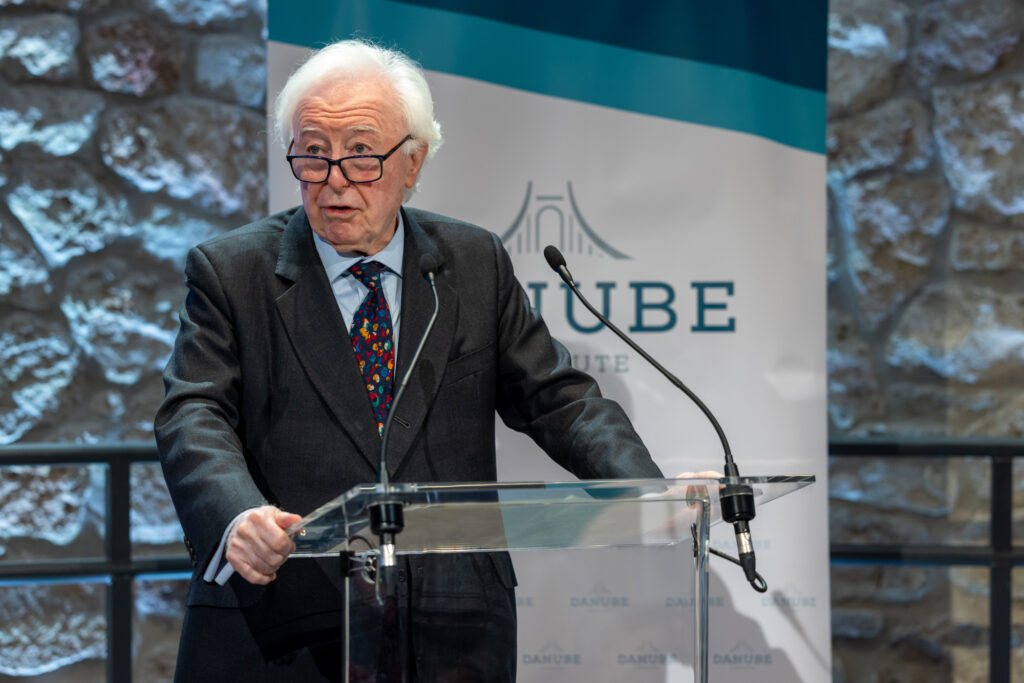
O’Sullivan also critiqued European media for its consistently left-leaning portrayal of American politics, asserting that Europeans often lack a nuanced understanding of the realities faced by US voters. He concluded with a broader reflection on global power dynamics, arguing that while many predict the decline of the US and the rise of China, America’s resilience should not be underestimated.
Keynote Address by Lord David Frost
Conservative member of the House of Lords David Frost delivered a thought-provoking keynote, describing Trump’s potential return to the White House as a decisive moment for global conservatism. While expressing optimism about the potential for a Trump-led revival of conservative values, Frost warned that such an opportunity must not be squandered. ‘This is not a moment to watch—it is a moment to act,’ he urged, calling on conservatives worldwide to prepare for both opportunities and challenges.
Frost predicted that a second Trump administration would prioritize foreign policy realism, moving away from ideological commitments and focusing on pragmatic relationships. This shift could include managing tensions with China and Russia more strategically, avoiding the hubris of demanding total regime change or unattainable objectives.
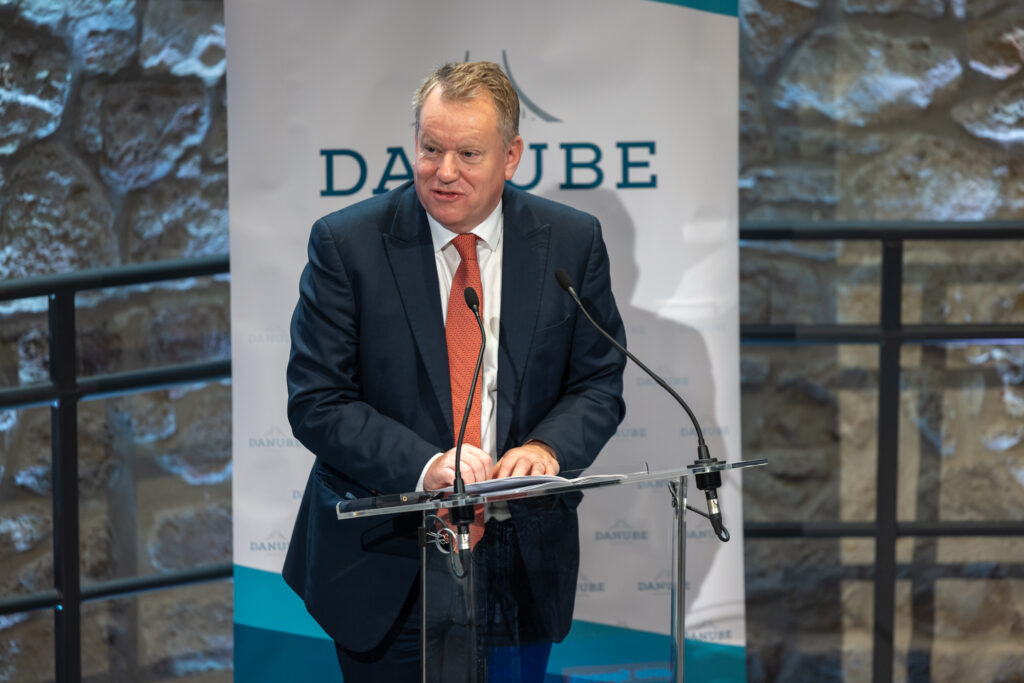
Turning to Europe, Frost suggested that Trump’s approach might force a recalibration of EU foreign and defence policies, particularly regarding Ukraine. Should Trump push for de-escalation, Europeans—many of whom see their security tied to a Ukrainian victory—may find themselves divided over how to respond. Frost also highlighted a looming choice for the UK: align with the EU in resisting Trump’s policies, or pursue closer ties with the US through a potential free trade agreement.
Panel Discussion: Global Strategy in a Changing World
Moderated by International Director of the Danube Institute Kristóf Veres, the panel brought together Founder & Former Director of the Palestinian Human Rights Monitoring Group (PHRMG) Bassem Eid, Professor of International Security and Strategy at the University of Exeter Doug Stokes, and Senior Visiting Fellow at Danube Institute Michelle Watson to explore the implications of Trump’s foreign policy for NATO, the Middle East, and broader US strategic goals.
Stokes argued that the post-Cold War era of US liberal hegemony has become increasingly unsustainable, with the invasion of Ukraine accelerating a shift toward a more multipolar world order. He criticized European nations, particularly Germany, for their strategic myopia, noting that dependence on Russian energy under Angela Merkel’s leadership placed the EU in a precarious position.
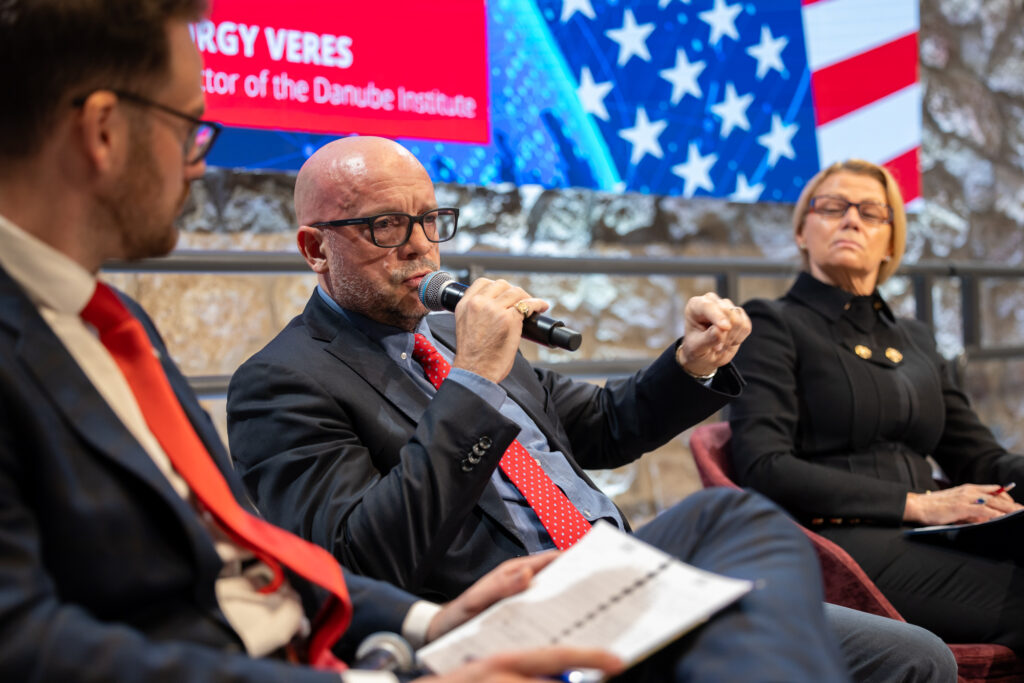
‘American taxpayers are essentially subsidizing European security,’ Stokes remarked, suggesting that Trump’s foreign policy would further push Europeans to shoulder a greater share of NATO’s costs. He also predicted that Trump would prioritize countering China, requiring a more strategic allocation of US resources away from Europe.
Watson focused on Trump’s controversial nominations and their implications for foreign policy. While Trump has promised to end the war in Ukraine, Watson questioned whether this would come at the expense of Ukraine’s sovereignty. She speculated that a Trump-led NATO might reduce its reliance on private-sector contractors while encouraging European nations to develop indigenous defence capabilities.
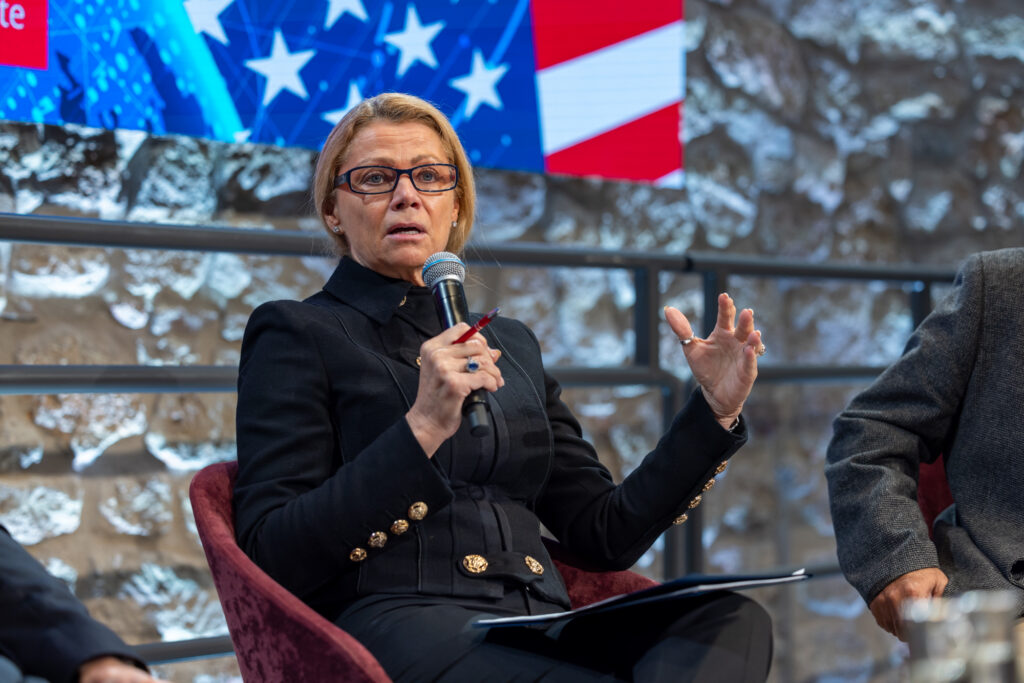
Eid provided insights on Trump’s potential impact on Israel and the Gaza conflict. He noted that Trump’s approach to Israel has been met with approval in some quarters but raised concerns about unresolved questions, such as Gaza’s governance post-conflict. Eid emphasized that addressing the humanitarian crisis in Gaza should begin with securing the release of hostages, a precondition for meaningful international aid.
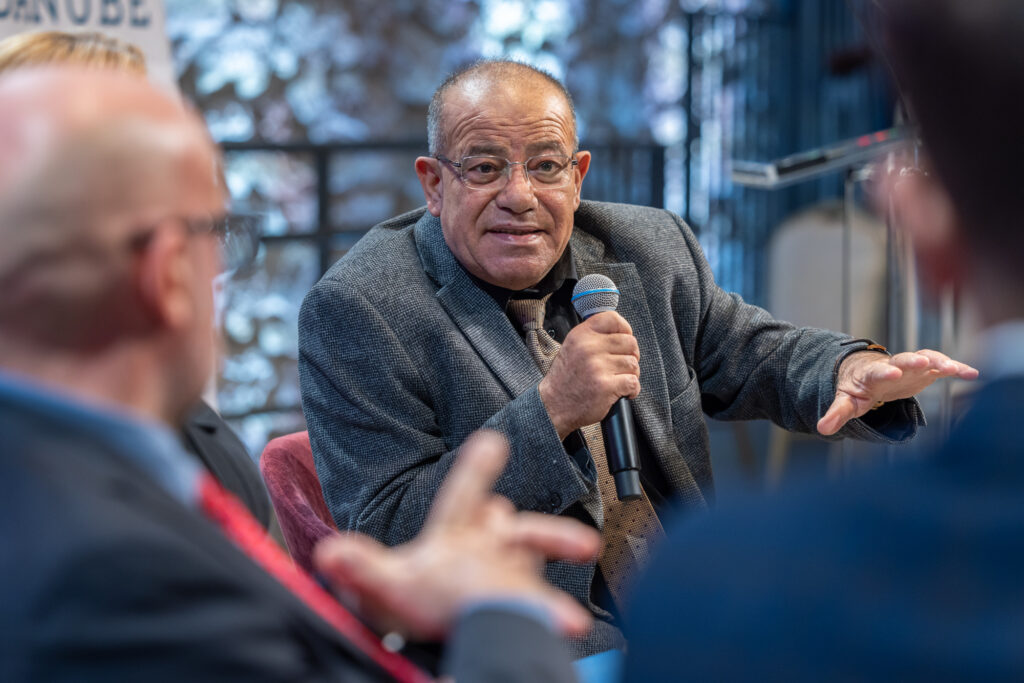
Looking beyond Gaza, Eid stressed that Israel’s primary focus would remain on countering Iranian influence in the region. He called for closer US–Israeli collaboration to limit Tehran’s support for groups like Hezbollah and Hamas.
The panellists agreed that a second Trump administration could mark a significant departure from traditional US foreign policy, with far-reaching consequences for Europe, the Middle East, and global security. The stakes extend beyond the United States: Trump’s policies could reshape alliances, challenge existing norms, and force nations to make difficult strategic choices.
Related articles:

